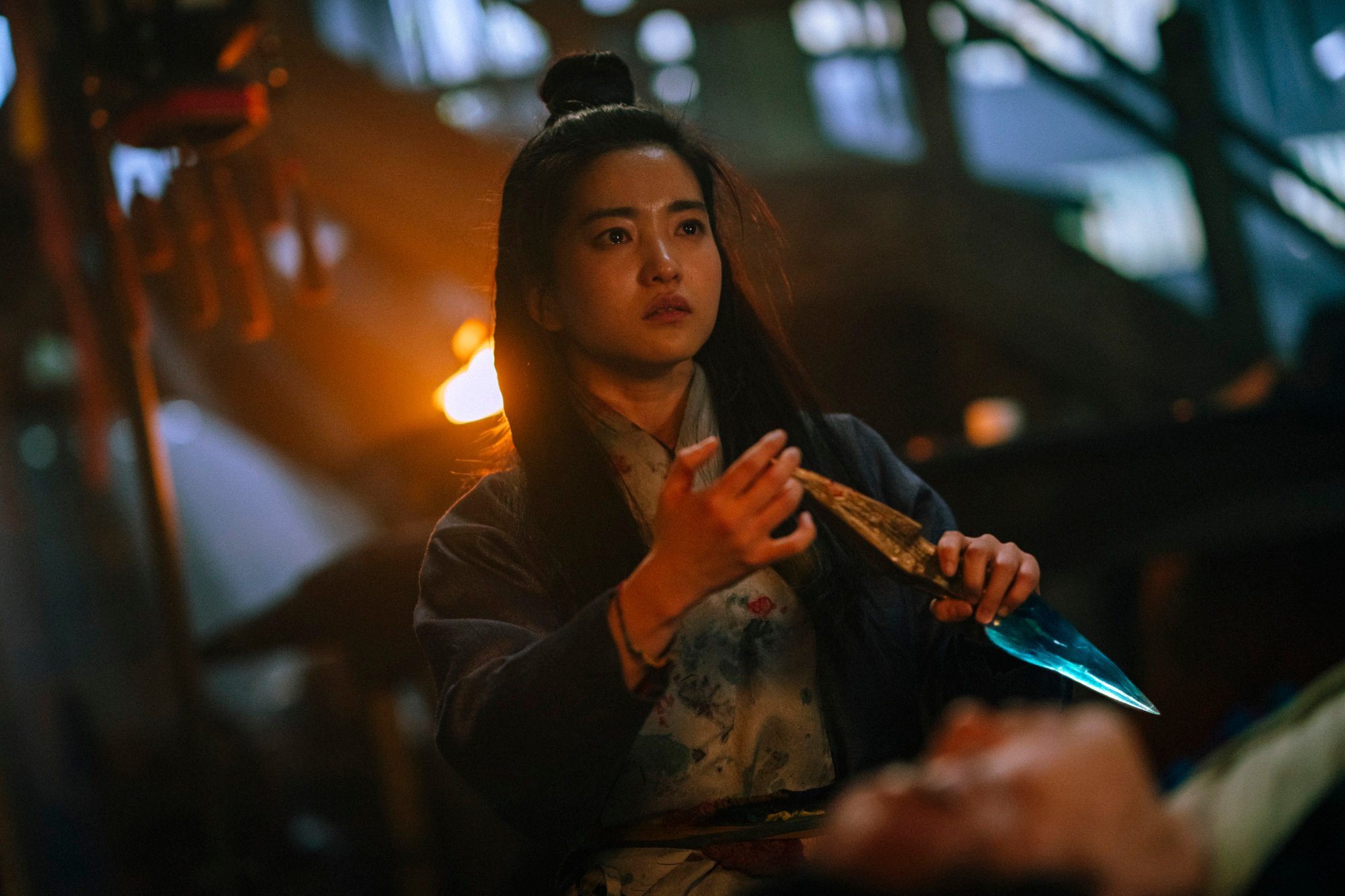2/5 stars
Following the muted reception for the first film, which was one of the most expensive Korean productions of all time, Choi faces an uphill struggle to attract new viewers to a largely unfamiliar franchise whose story unfolds simultaneously in the present and in the era of Goryeo rule in Korea in the 14th century.
For those in need of a refresher, Earth is being used by an advanced alien race as a secret penal colony, where their most dangerous criminals are incarcerated within unwitting human hosts.
Prisoners are stored in the present and the past, overseen by a solitary guard (Kim Woo-bin), who moves between time periods using a crystal device known as the Divine Blade.
In the present, a band of alien fugitives, led by “The Controller”, escapes and stages a full-scale invasion. By the end of the first film, both heroes and villains are marooned in the past.
Alienoid: Return to the Future wastes no time on the uninitiated. The action picks up with the revelation that The Controller has been lying dormant within hapless Taoist wizard Muruk (Ryu Jun-yeol) until he reunites with gun-toting warrior Lee Ahn (Kim Tae-ri), who is searching for the blade.

Science fiction has always been a notoriously hard sell in South Korea, and Choi has done himself no favours by building his thrilling adventure on such a convoluted, flimsy premise.
His “Earth as alien prison” concept buckles under the slightest scrutiny, while the entire time-travel gimmick seems to exist solely in service of a climax that pits medieval wizards against aliens in present-day downtown Seoul.

Where Alienoid stumbles is in failing to fuse its disparate elements and influences into a clearly defined universe with a recognisable mythology to call its own.
The franchise potential for Choi’s genre-bending adventures is self-evident, but as it stands, Alienoid remains a tangle of exciting ideas in search of a compelling narrative to hang them on.

